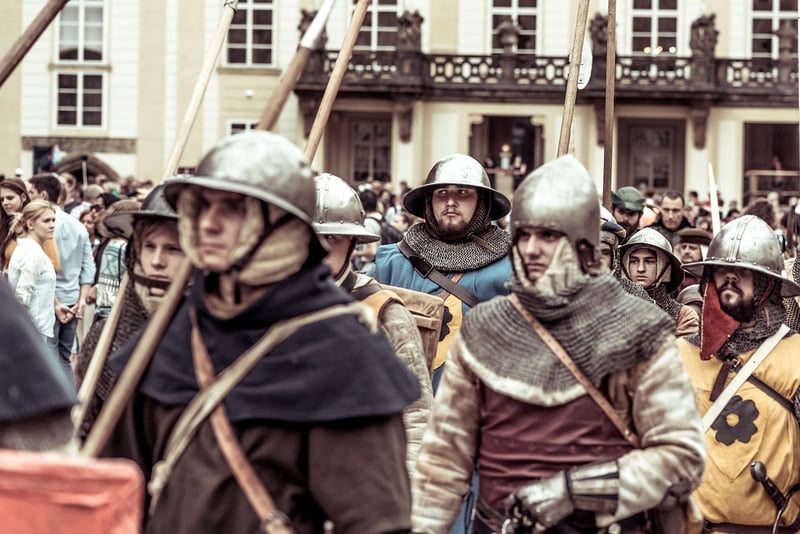Historical Events
Exploring Different Time Periods and Historical Events
History is a vast tapestry woven together by the events of different time periods that have shaped the world as we know it today. Each era brings with it unique stories, cultures, and milestones that continue to fascinate and intrigue us. Let's delve into some of the most significant historical events across various time periods:
Ancient Civilizations
Ancient civilizations like the Egyptians, Greeks, Romans, and Mesopotamians laid the foundation for the modern world. From the construction of the pyramids in Egypt to the philosophy of Plato and Aristotle in ancient Greece, these societies left an indelible mark on history.
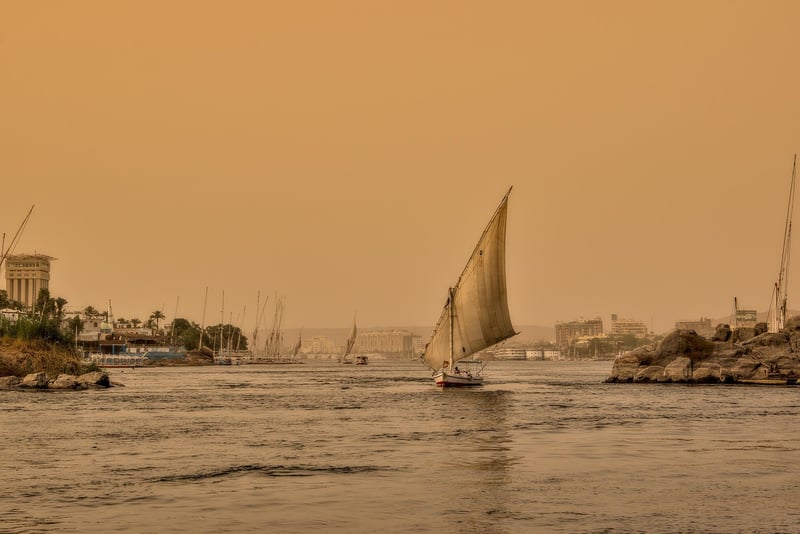
The Middle Ages
The Middle Ages, spanning from the 5th to the 15th century, witnessed the rise of feudalism, the spread of Christianity, and the age of knights and castles. Events like the Crusades and the Black Death shaped the course of history during this period.
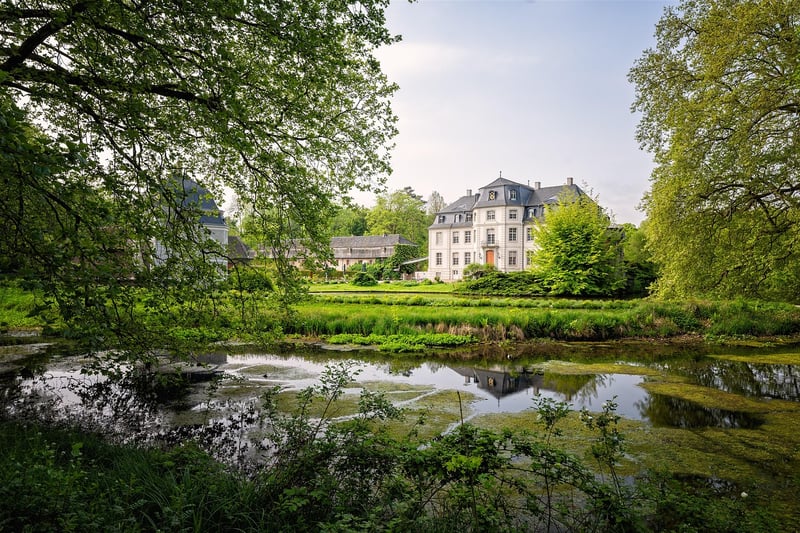
The Renaissance
The Renaissance, meaning "rebirth," was a period of great cultural and artistic flourishing in Europe from the 14th to the 17th century. It marked the transition from the Middle Ages to the modern world, with advancements in art, science, and exploration.
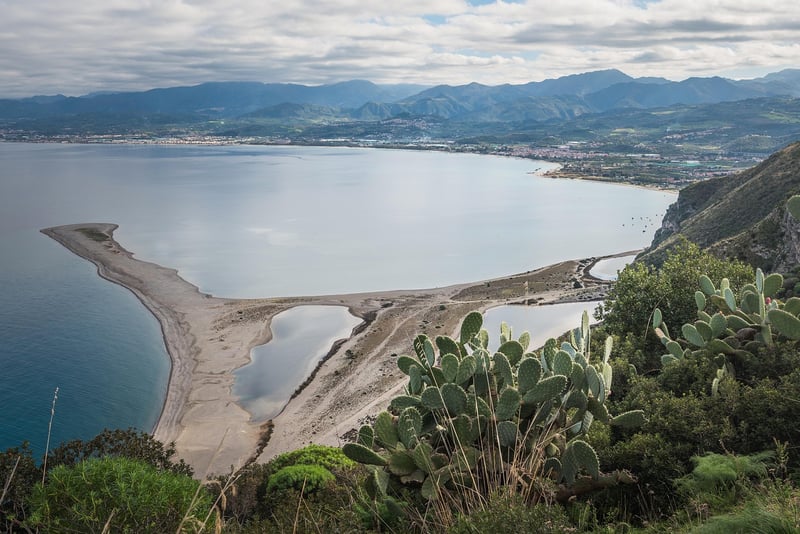
The Age of Exploration
The Age of Exploration, starting in the 15th century, was a time of global discovery and expansion. Explorers like Christopher Columbus, Vasco da Gama, and Ferdinand Magellan embarked on voyages that connected the world and led to the exchange of goods, ideas, and cultures.
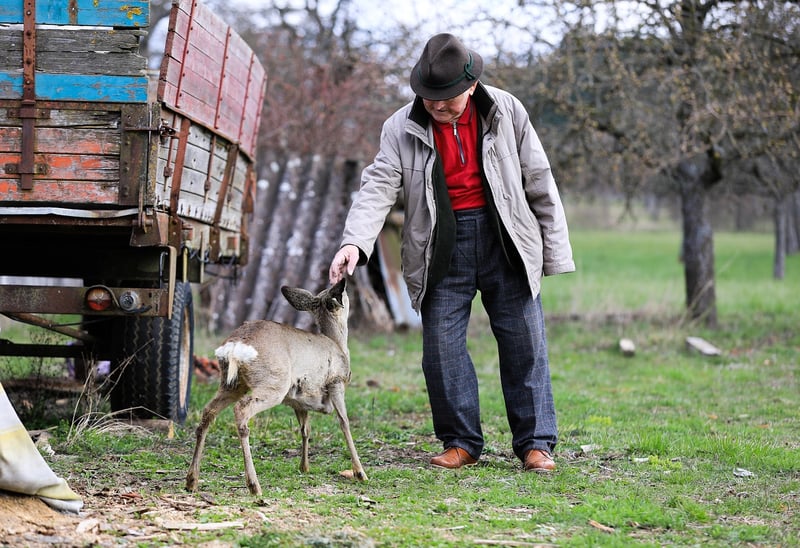
The Industrial Revolution
The Industrial Revolution, beginning in the 18th century, transformed society with the mechanization of production, leading to urbanization and technological advancements. It marked a shift from agrarian economies to industrialized nations.
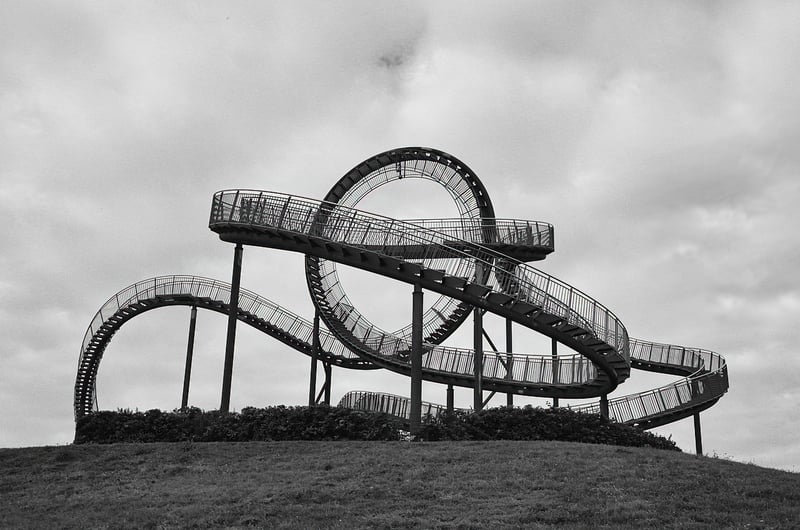
Conclusion
Exploring different time periods and historical events allows us to understand the past, appreciate the present, and envision the future. Each era contributes its own chapter to the story of humanity, highlighting our resilience, creativity, and capacity for change.
History is not just a series of dates and facts; it is a living narrative that continues to unfold, inviting us to learn, reflect, and grow.
